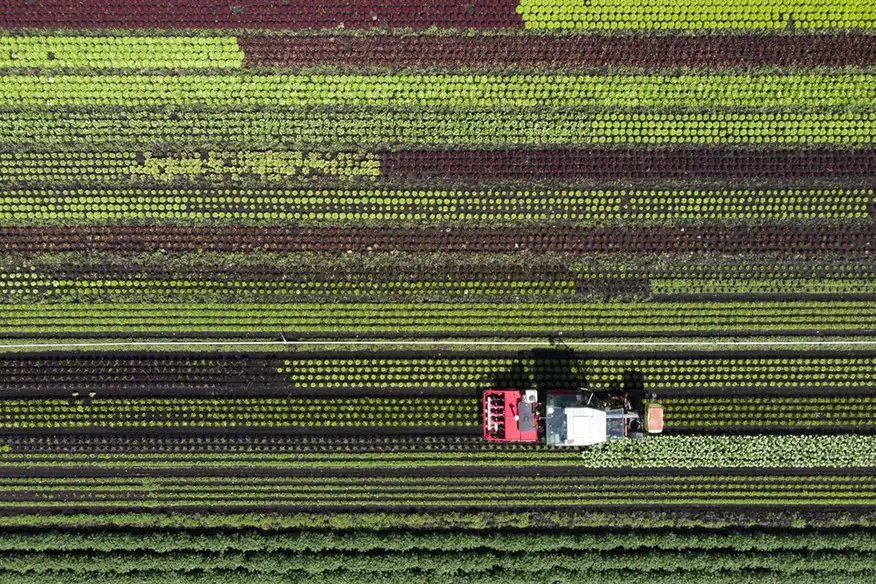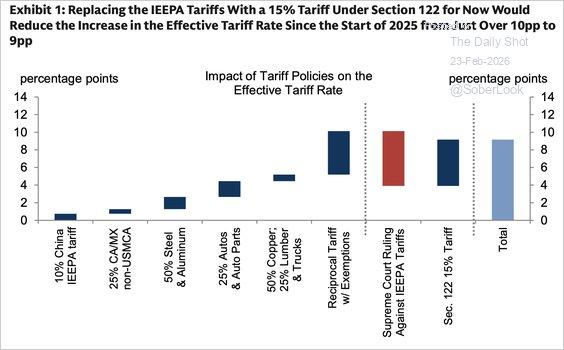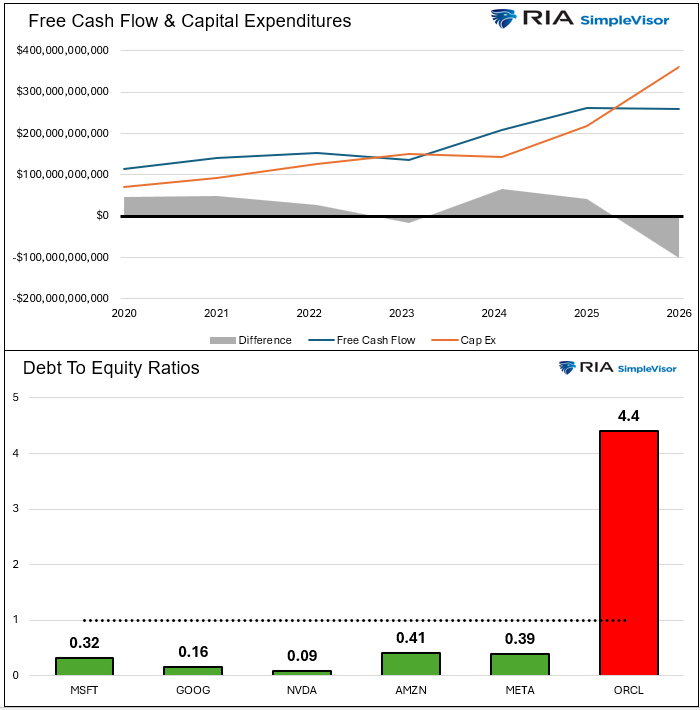
Opponents argue that the anti-pesticide initiatives will harm Switzerland’s agriculture sector and undermine the country’s self-sufficiency. Anthony Anex/Keystone
The director of the leading Swiss farmers’ organisation is deeply concerned about two initiatives to ban pesticide. Martin Rufer explains what voters’ approval would mean for Switzerland’s agriculture.
The two proposals, to come to a nationwide ballot on June 13, are causing heated debates and have not only divided the farmers’ community but also political parties.
The ‘drinking water initiative’ wants farmers to stop receiving crucial government subsidies if they use pesticides, import animal feed or use antibiotics to prevent diseases.
The ‘pesticide initiative’, for its part, calls for a complete ban on synthetic pesticides and wants to outlaw imports of foodstuffs produced with the aid of such pesticides or containing them.
Opponents of the initiatives have dismissed the proposals as extreme, saying they show a blatant misunderstanding of the reality of Swiss agriculture, and that the demands would cause massive damage to farmers.
The initiatives would also fail to achieve the goals set by the campaigners, as food production would simply be outsourced, opponents argue.
Martin Rufer is the director of the Swiss Farmers’ Association. He took up his post in the middle of the Covid-19 pandemic that has kept him busy over the past 12 months. But the social and political issues raised, and the demands put forward in various initiatives are likely to be a bigger headache for him.
SWI swissinfo.ch: Does the 13 June vote give you nightmares?
Martin Rufer: I have faith in the common sense of Swiss voters. I hope that they will recognise that Switzerland’s agriculture has been constantly improving. This process will be given another boost with the new anti-pesticide law. One thing is clear: the extreme agricultural initiatives are a major challenge for Swiss farmers and the food industry.
SWI: Where would Switzerland find itself if these proposals were adopted?
M.R.: Swiss food production would drop sharply, we estimate by about 20% to 30%. Accordingly, we would have to import much more from abroad. And, obviously from regions of the world that have much lower production standards than we do.
Hence the ‘drinking water initiative’ would prompt a bigger environmental impact by Swiss consumers. The two initiatives are therefore counterproductive for the environment.
SWI: The Farmers’ Association strongly opposes both proposals. Similar initiatives are in the pipeline, and agriculture is coming under increasing pressure. Why is this?
M.R.: Farmers work in a natural environment and food is an emotional issue. That’s why many people are interested in it. Also, the agriculture sector benefits from taxpayers’ money – through the so called direct payment scheme – for its services rendered to the public.
Swiss farmers apply sustainable production methods and take consumer concerns seriously. The use of pesticide and the import of animal feed are just two examples. We have been tackling the critical issues and have found good answers.
However, the initiatives are far too extreme and would turn Switzerland’s agricultural and food sector upside down.
SWI: Isn’t this due to a general unease that too little is being done in Switzerland to protect the environment? After all, the proposals enjoy the support from beyond the grassroots of the Green and other left-wing parties.
M.R.: Environmental concerns are of great importance to everyone, including us. Farmers depend on an unspoilt environment and on healthy soils so that future generations can also produce food.
Many new laws have been passed that will reduce a negative environmental impact. This is the right way to go, and not through extreme initiatives.
SWI: Could you give some more detail?
M.R.: There is the so-called national Pesticide Action Plan, which sets binding reduction targets for the use of pesticides.
Parliament has decided concrete measures in new legislation on pesticides and there are government guidelines to strengthen biodiversity and curb the use of antibiotics in agriculture.
All these concrete and targeted measures are aimed at achieving an even more sustainable food production.
SWI: Can the proposal adopted by parliament in March weaken the arguments in favour of the two people’s initiatives?
M.R.: Yes, because it is probably the strictest pesticide legislation in the world. It is an effective and credible response to the extreme initiatives.
The law states that the use of pesticides must be massively reduced, and the risks must be cut in half by 2027. This will also bring down the level of pesticide residues in water.
Application of the strict pesticide legislation is not only more promising, but also significantly faster than implementing the initiatives.
SWI: Last December, the Farmers’ Association was instrumental in parliament shelving a long-awaited reform of agricultural policy. Was it not a shot in the foot as the move is likely to spawn more initiatives from environmental groups?
M.R.: The so called AP22+ reformExternal link was suspended because there were glaring flaws: the degree of self-sufficiency would have fallen sharply and farmers’ incomes would have declined massively had the policy been adopted.
At the same time – and this is a crucial point – parliament decided to remove the intended environmental clauses from the reform package. They are now included in the anti-pesticide legislation, which are due to come into force in the next few months.
SWI: Assuming for a moment that voters approve the two initiatives including import restrictions and bans…. Would Switzerland face problems with international accords as a result?
M.R.: The government assumes that the proposed import restrictions could not be applied because they violate our obligations to the World Trade Organization. Problems could also arise with the 1972 free trade agreement with the European Union. Therefore, it is safe to say that implementation would cause controversy for years and that it would call our international treaties into question.
SWI: What will be the Farmers’ Association do if the environmental campaigners have the upper hand on June 13?
M.R.: Acceptance would be a shock for the entire agricultural and food sector. Probably also for consumers, who would be confronted with higher prices. This would also have a massive impact on other sectors such as the chocolate and coffee processing industries.
SWI: What’s the general situation of the Swiss farming community?
M.R.: The general mood is rather tense. We feel that our efforts and achievements are practically ignored by the public at large. On the contrary, famers seem to have to take the blame for all man-made environmental problems.
But many farmers and their families are waiting to produce more organic products if the demand were greater. The percentage of organic products sold is only 11%.
It is worrying to see how society has high expectations in us, but consumers don’t act on it.
Read also why farmer Kilian Baumann is campaigning for the two initiatives.
Full story here Are you the author? Previous post See more for Next postTags: Environment,Featured,newsletter


































